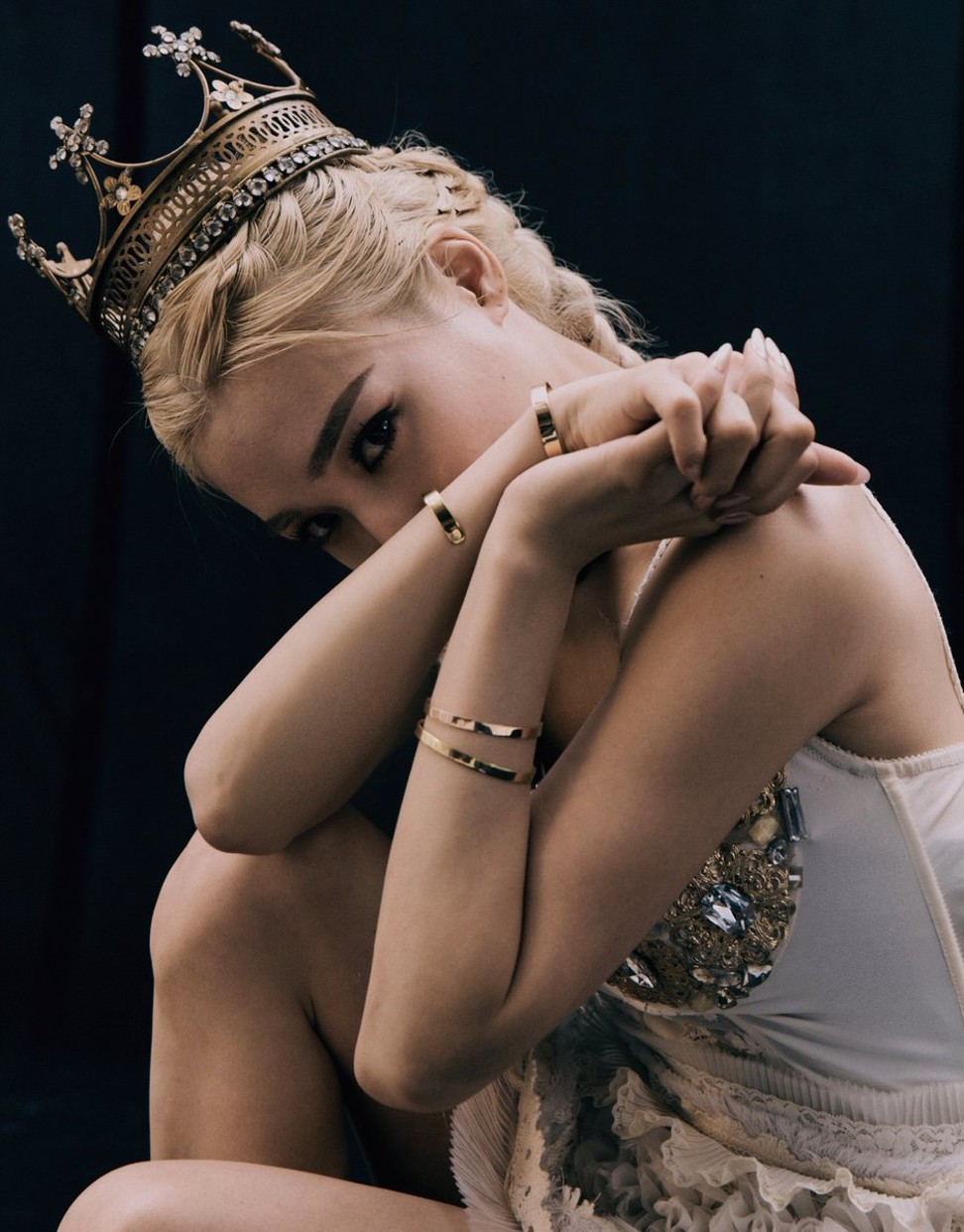
Girls Generation’s Tiffany Young on her hopes for solo career in US, where she grew up, and her tough K-pop training
- Tiffany Young moved from the US to Seoul aged 15, signed to a label to train and spent a decade in Girls’ Generation
- She talks about her drive, and her dream of making it in America as a solo act

After spending a decade with K-pop superstars Girls’ Generation, Tiffany Young is looking for solo success in her native US.
“K-pop and the K-pop experience has made me very resilient,” says Young.
Young, who just turned 30, has spent half her life in K-pop, first as a trainee and then in its major leagues. South Korea is famous for its star factories, where aspiring K-pop idols undergo exhausting immersion programmes, learning how to sing and dance, how to audition and how to give interviews.
Young was a 15-year-old California girl who spoke no Korean when she auditioned for the entertainment conglomerate SM Entertainment, which agreed to take her on as a prospect.

She moved to South Korea three weeks later, assuming her future as a pop star was assured. “I think when you’re young, you think that once you get in, that’s all there is,” Young said.
“But that’s when the process really begins. When I got to Korea, it was a training process of three years. It was a constant system of training. There were showcases and camera tests every other month, [deciding] whether we were capable.”
Young [born Stephanie Hwang] relocated to South Korea by herself. Her mother had recently died, and her father and siblings stayed behind in the US. “Even as a 15-year-old, I was very determined,” Young says.
“Singing was a form of therapy, and a place of security and safety. I wanted to be able to do that for others. I had lost my mother three years before that, and [when] I got scouted, the thought of being able to make my dream come true while helping others – I was pretty determined.”

K-pop finishing school isn’t like army basic training, exactly (and its graduates don’t necessarily appreciate the comparison), but the rigours helped prepare Young for what lay ahead. “It is rigorous training, but it’s about [structure],” she said.
“When you want something so much and you’re so focused, that drive pushed me through, and that drive is still in me, more than ever. It’s not about a militant system. It comes down to respecting, and doing anything and everything possible to perfect your craft.”
Young landed a spot in Girls’ Generation a few years after moving to South Korea (this is considered a fairly quick turnaround).
The group, one of the country’s longest-running and most successful all-girl outfits, are still together, and Young still considers herself a member, though she moved home to Southern California a few years ago and is now in the process of launching her solo career in the US.
Young issued a dual-language solo EP, I Just Wanna Dance, in 2016 (most K-pop students are taught English in their trainee programmes, Young had to learn Korean, because Girls’ Generation sing in both languages). She released her first English-language EP, Lips on Lips, in February, and just started her first major North American tour.
During the years she was in Girls’ Generation, Young couldn’t help but imagine what life as a solo artist might be like. Her earliest solo material tended towards sunny, ’90s pop that suggested Carly Rae Jepsen, and has gradually become more darkly personal, and more confident.
Her new song, the synthy club track Run For Your Life, was produced by Fernando Garibay, who co-produced Lady Gaga’s Born This Way, a clear inspiration.
Young knows that crossover pop stardom is not guaranteed. Most K-pop artists have struggled to find traction in the States, and success has come easier for boy bands such as BTS than for female solo artists, although the genre’s general share of the marketplace is growing.
“I’m proud to have been a part of this for 13 years,” she says. “I’ve been very patient and confident in the hard work that I’ve put in.
“There’s so many layers and layers of incredible artists and teams coming together creating magic. I hope to contribute in my own way, because I’m in a lucky place right now. I’m getting to do the things that I’ve never done before.”